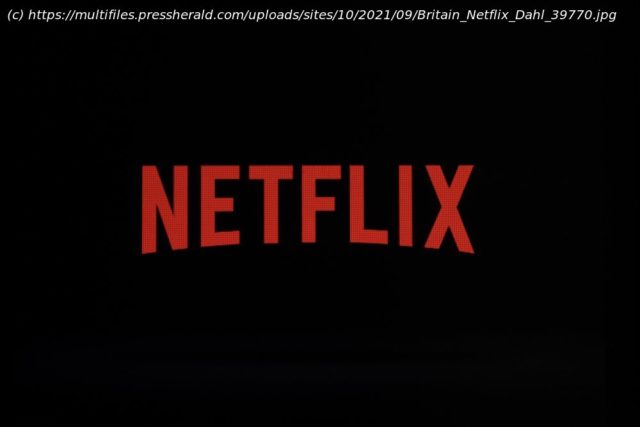The nine-episode series depicts hundreds of people representing the nation’s most marginalized communities.
SEOUL, South Korea — “Squid Game,” the South Korean dystopian drama, is the most-watched show on Netflix, where a top executive recently predicted that it could become the platform’s most-popular program ever. The nine-episode series depicts hundreds of people representing South Korea’s most marginalized communities – a debt-ridden father, a North Korean defector and a migrant factory worker, among others – competing in children’s games like tug-of-war in hope of winning roughly $38 million in prize money. The twist: losing contestants are killed as the games are watched and funded by the idle rich. The plot has resonated deeply with South Koreans frustrated with rising income inequality in one of Asia’s richest countries, said Areum Jeong, a Korean film expert at Sichuan University-Pittsburgh Institute. “Young people today feel discouraged and pessimistic about the unemployment rate,” she said, adding that the prospect of winning huge sums of money “can seem very attractive, though there may be blood on your hands.” The popularity of the theme has prompted South Korean politicians across the political spectrum to try to capitalize on the following that “Squid Game” has won. Since its mid-September release, the series has been deployed as a metaphor by likely contenders in next March’s presidential election to attack each other, while the public has used the show to talk about a brewing scandal around how a son of a well-connected politician came into a significant amount of money. Lee Jae-Myung, a front-runner to represent the center-left Democratic Party in next year’s presidential contest, used “Squid Game” to criticize political opponents this week. “Squid Game has become a viral hit,” he said, suggesting that a different contest was going on among South Korean conservatives that he termed the “5 billion-won game.






